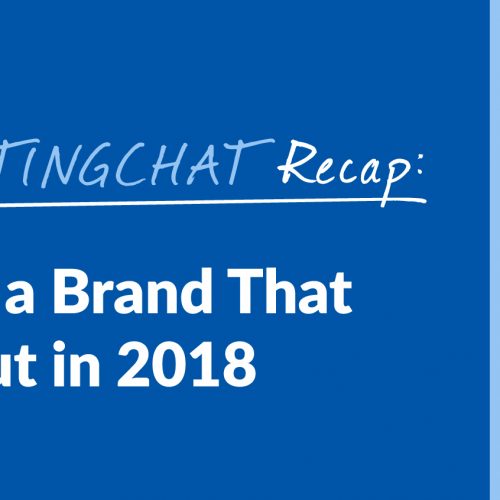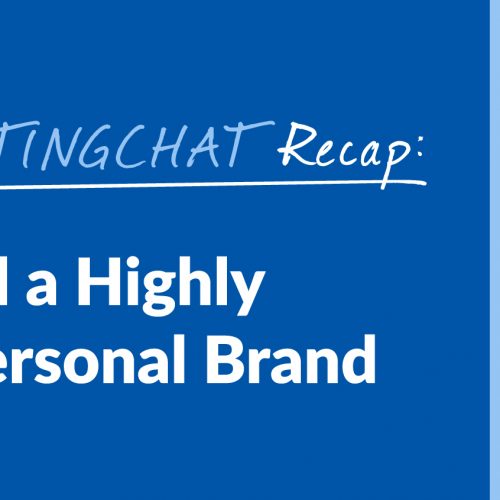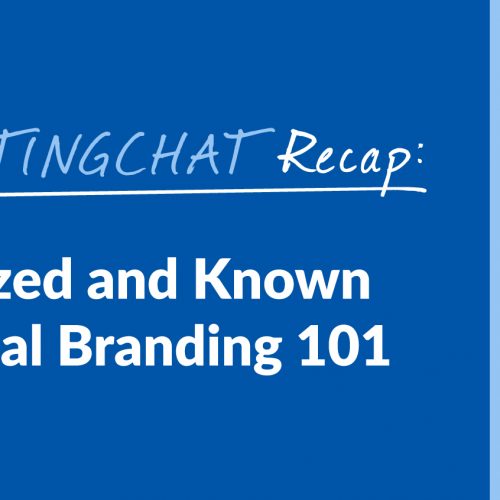AI is Not the Tool for SME Content Creation – and Google Knows It
AI is here, and there is no denying it. While AI can share the workspace with a traditional writer and editor for content marketing, there is one thing it cannot do – SME content creation. The only genuine SME (subject matter expert) out there in your niche is, well, you – and the talented freelance writers out there that know your field just as well as you. More importantly, Google knows it and expects to see that in your content. What is AI Content Generation? It seems like almost daily another AI content generation tool is launching. Some are free, others are paid, but are any of these tools able to truly replace a genuine expert? TechTarget lists 36 AI generation tools in their 2023 guide, and while there are loads of tools to choose from, they are all based on the GPT-3 model. AI content generation is content that is created by a platform utilizing the GPT-3 model. The content is generated and while marketed to be “new,” it really is not. Think about how AI generators work. Generative AI tools take keywords, themes, and even voice/tone preferences, and it works to generate a blog, web page, or even a social media post, but it is not creating them out of thin air or using any expertise in the field to offer unique opinions and insights. Instead, AI generates your content by pulling information from the internet. It searches and scours the thousands of web pages and blogs already out there to piece together information and generate copy. But, AI Doesn’t Understand What it is Creating…. While it is fascinating to watch AI work, AI has no clue what it is writing. It is solely based on an algorithm pulling data based on your input. Only a Genuine Industry Expert Knows the Content for their Industry AI is incredibly fast and can write a blog post quicker than any writer, but because of its limitations in terms of understanding and having any expertise in the niche, it is not a specialist. Here is where you may hit a speed bump or two, if you are using AI generation for your content marketing: Let’s Talk about E-E-A-T and How AI Falls Short for Industry Professionals Seeking SME Content Creation In Google’s February release, they mention guidelines for using AI generation in your content, and make it clear that they reward high quality regardless of how it is produced (whether human-made or AI-generated). Many took that as a green light to go ahead with AI, but that is not what Google conveyed. Let’s go back to the double update released in December 2022 when the extra “E” was added to the E-A-T standard, making it now E-E-A-T. Image Source: Google Update, December 2022, Page 26 What was that extra “E” for? Experience… Trust is crucial with Google. Some websites may fall short of the bar, no matter how experienced, professional, or even authoritative they are if they don’t have the reader’s trust, and one example given from Google within their update reveals the most consequential sentence that websites need to pay attention to: “…the content creator lacks adequate experience” means they will have a low E-E-A-T score. For example, if the content creator reviews a restaurant, but never ate at the restaurant, they are not experienced or trustworthy, which means they have a low E-E-A-T to Google. Let’s break it down further by looking at each component of E-E-A-T. Experience Experience, in Google’s eyes, offers another level of dimension they can use when evaluating content. Content must demonstrate it was assembled with a degree of experience – after all, a reader will value a person’s content more if they have life experiences on the topic and they are not basing it exclusively on research. AI has no experience with your topic. Let’s take a look at divorce law, for example. You want to write a blog for your law firm on the latest guideline changes for calculating child support, but you will find a few speed bumps along the way using AI to do so: AI typically doesn’t access the latest data – so it may not even know or find the latest guidelines for calculating child support. Worse, it could create a blog on outdated guidelines that it notes as “updated.” AI has no actual understanding of handling child support cases. AI hasn’t had to calculate what a child support payment would be based on your state, the local laws, or the parent’s income. It has definitely never filled out the child support worksheets – but you have. If you go off the premise of why “experience” was added by Google, you can see why AI might not meet the mark. AI is not an attorney or a financial expert, and therefore, there is no SME content creation happening when you use AI to draft your blogs. Expertise SME content creation comes down to one important factor: credibility. A person without qualifications should not be writing a topic out of their realm of expertise. Period. Why? Google is unlikely to rank a website with content not written by a credible source over a website they know has content written by a believable source. In areas where a subject matter expert is required, such as healthcare, Google has a higher level of scrutiny than things based more on personal opinion and less on facts. Authoritativeness Authority means you have proven you belong in the niche your website represents. Sure, backlinks to relevant and authoritative sources will help build that authority, but only so far. If you only have quality backlinks, but don’t meet the other areas of E-E-A-T – well, you don’t have much to go on. There’s not much more to say there. Authority is a building block, and it requires more than one block to finish your foundation. Trustworthiness Now, we’ve already covered where AI falls short for SME content creation, but the biggest area you are going … Read more









